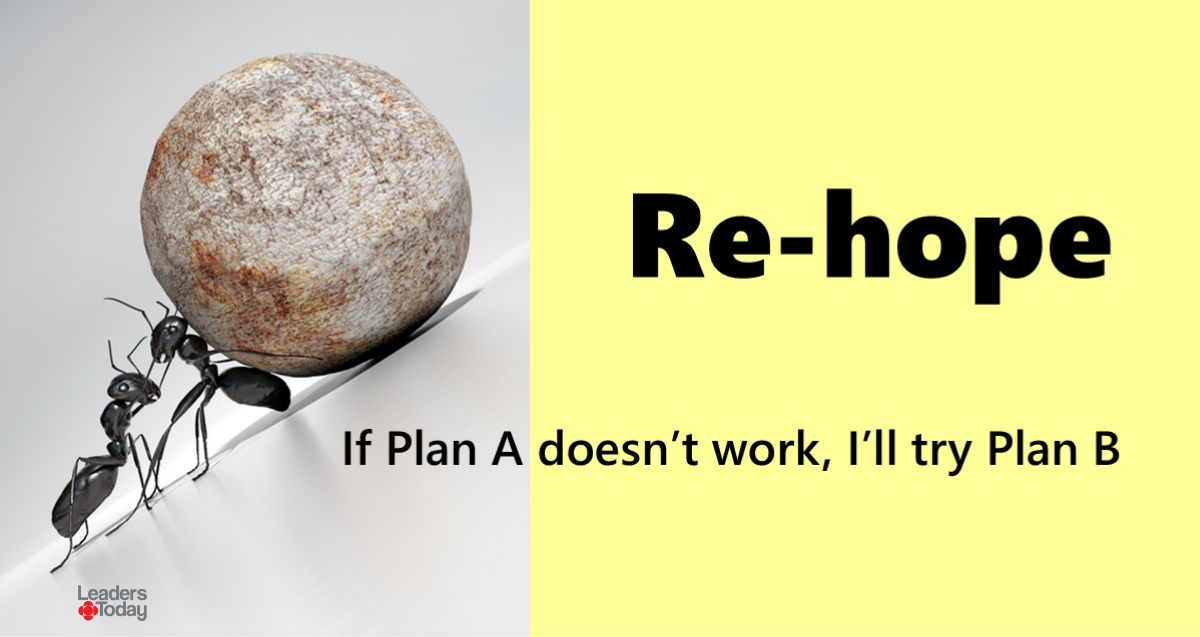What is Personal Development?
What does the term “personal development” mean for you?
Some people associate it with study and learning, for others it’s about acquiring new practical skills and for others still it evokes a quest for fulfillment or a spiritual journey. It is perhaps all of these, and more. Whatever the perspective, each reveals a common fundamental assumption that people can grow, that through deliberate effort, we can cultivate our basic qualities, develop our talent and learn a huge amount of things at any age. This is what Dr Carol Dweck, a leading scholar in developmental psychology, calls a “Growth Mindset” as opposed to a “Fixed Mindset” which supports the belief that intelligence is static and that once you have grown into adulthood, you are stuck with whatever skills you have, with little hope of significant improvement.
Self-awareness
Personal development starts with a keen interest in knowing oneself and understanding our own behaviour. If more people were self-aware, instead of functioning on automatic pilot, we might have more peaceful workplaces and more serene homes.
The saying “know thyself” is frequently attributed to Socrates, although other Greek philosophers such as Thales and Pythagoras also held this precept. The importance of knowing oneself as a precondition for knowing the universe and greater truths has been vastly appreciated from antiquity up to modern philosophy. Many Eastern cultures encourage the path of self-realization, the knowledge of the self through direct experience. Today, we refer to this as self-awareness.
Self-awareness is a thorough knowledge of oneself; how we function internally, why we do what we do and how we relate to others. It also implies the ability to change and grow, to manage our thoughts and behavior so that they are beneficial to our professional and personal life, and to others.
Although the expression “self-awareness” may appear to be somewhat esoteric, it actually describes some very concrete skills that are accessible to everyone. The only pre-requisite towards gaining self-awareness is the desire to do so. Many unexpected aspects of ourselves are revealed through just a bit of introspection and self-observation.
Beliefs
For example, by taking the time to make a list of all the things you hold as truths, rules or realities, you will come up with a comprehensive (and sometimes surprising) catalogue of your beliefs. Your beliefs are important because they determine your thoughts and behavior. Complete your list, then answer these questions:
- Which of these beliefs are useful and sustaining?
- Which of these can you discard?
- What new beliefs can you adopt that will empower you?
Inner dialogue
Inner dialogue is another important aspect of self-awareness. We are constantly having a conversation with ourselves. Spend a few days carefully listening to yourself. Pay attention to all the little words and expressions that you whisper in your mind. You’ll be surprised at what you hear! Then answer these questions:
- What do you say to yourself all day long?
- What phrases do you repeat over and over again
- Are you nice to yourself? Strict? Scolding? Encouraging? Lamenting?
You can always improve on the words that you use in your mind. Any limiting words or phrase can be replaced by more resourceful ones. For example, “I’ll never make it” can be replaced by “I’ll make it this time”.
- In what ways could you improve the language of your inner dialogue starting today?
Be aware of what you say and how you say it
You may also want to be more aware of what you say to others and especially, how you say it. Observe yourself communicating in specific circumstances.
- What is the tone of your voice? What is your body language?
- What is the quality of your language.... constructive..... indifferent.... sarcastic..... critical.... humorous...... helpful?
- How do you think you make others feel?
This exercise will give you an insight into how you impact other people by your words. Perhaps you will realize that you want to improve your communication skills at work, the way you talk to your colleagues or clients. Or maybe you might discover that there’s room for improvement in the way you communicate with your family.
Personal Development in the Work Place
Personal development is extremely important in the workplace for the following reasons:
- By increasing your self-awareness, you will have a better understanding about how you interact and react to others. This will result in improved interpersonal communication.
- You will become more aware of what triggers your work-related stress and be able to implement tools to manage that stress.
- You will realize what are the conditions under which you perform the best, and can try to replicate these.
- You can learn what skill gaps you may have and create a learning action-plan to fill these gaps.
- You will have better self-management and more strategic approach to developing your career.
- Through enhanced self-awareness and self-management you will improve your leadership and your ability to influence others positively.
You can guide yourself
The path to self-awareness does not require permanent self-contemplation! It just means that once in a while, you take time for yourself to look at what is really important and determine what you can do to move yourself forward. Professionals can help you with strategies and techniques for gaining self-awareness however, there is only one person who detains all information about yourself and that is you. You speak and hear your inner dialogue. You are the owner of your memories and the master of your wishes. You know what you like and don’t like. You know when something feels right or wrong. You remember your past, interpret your present and create your future. It is all within YOU. You just need to tune in.








